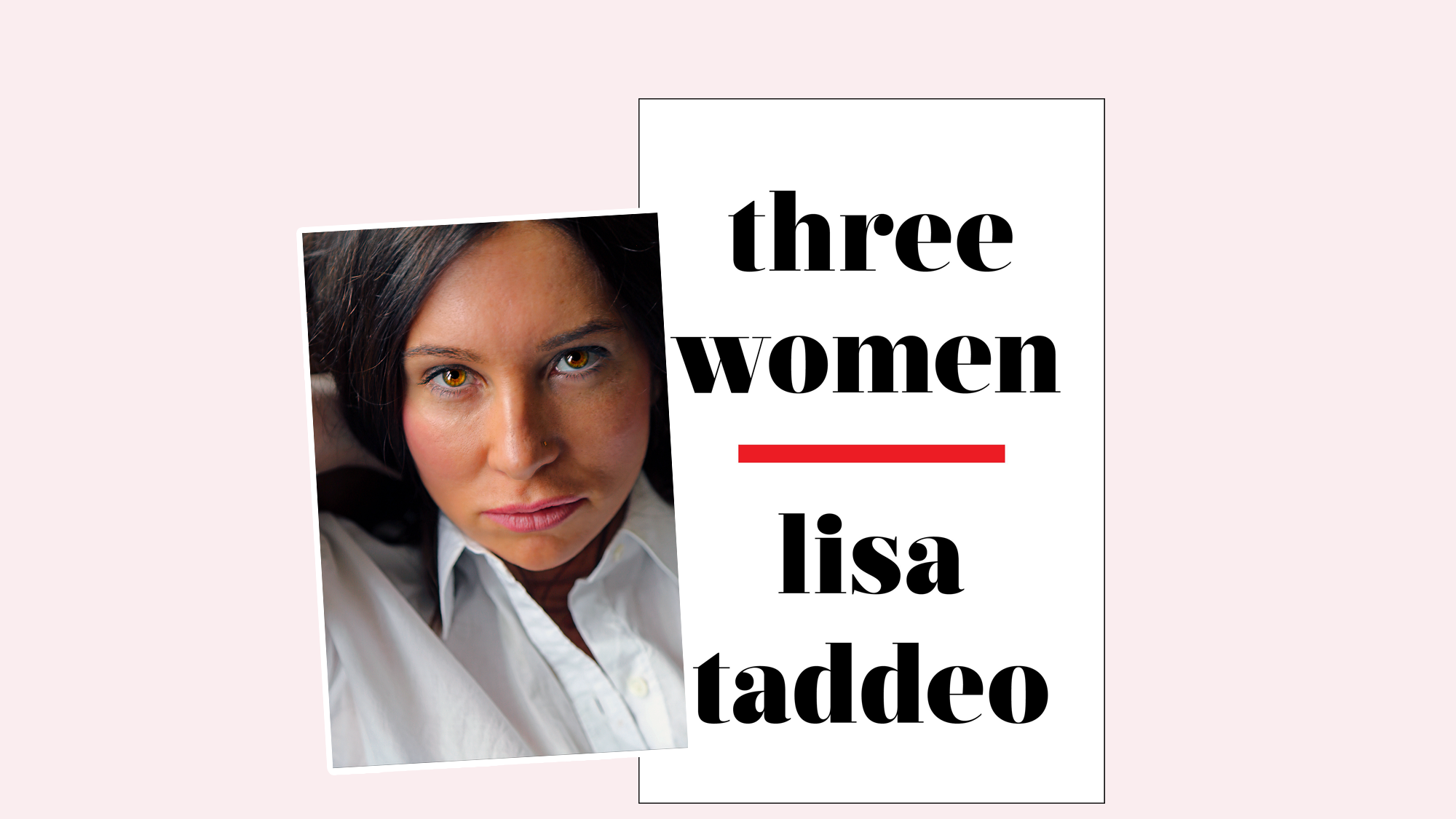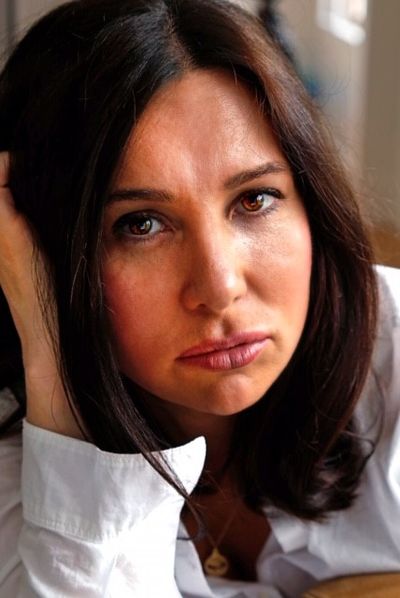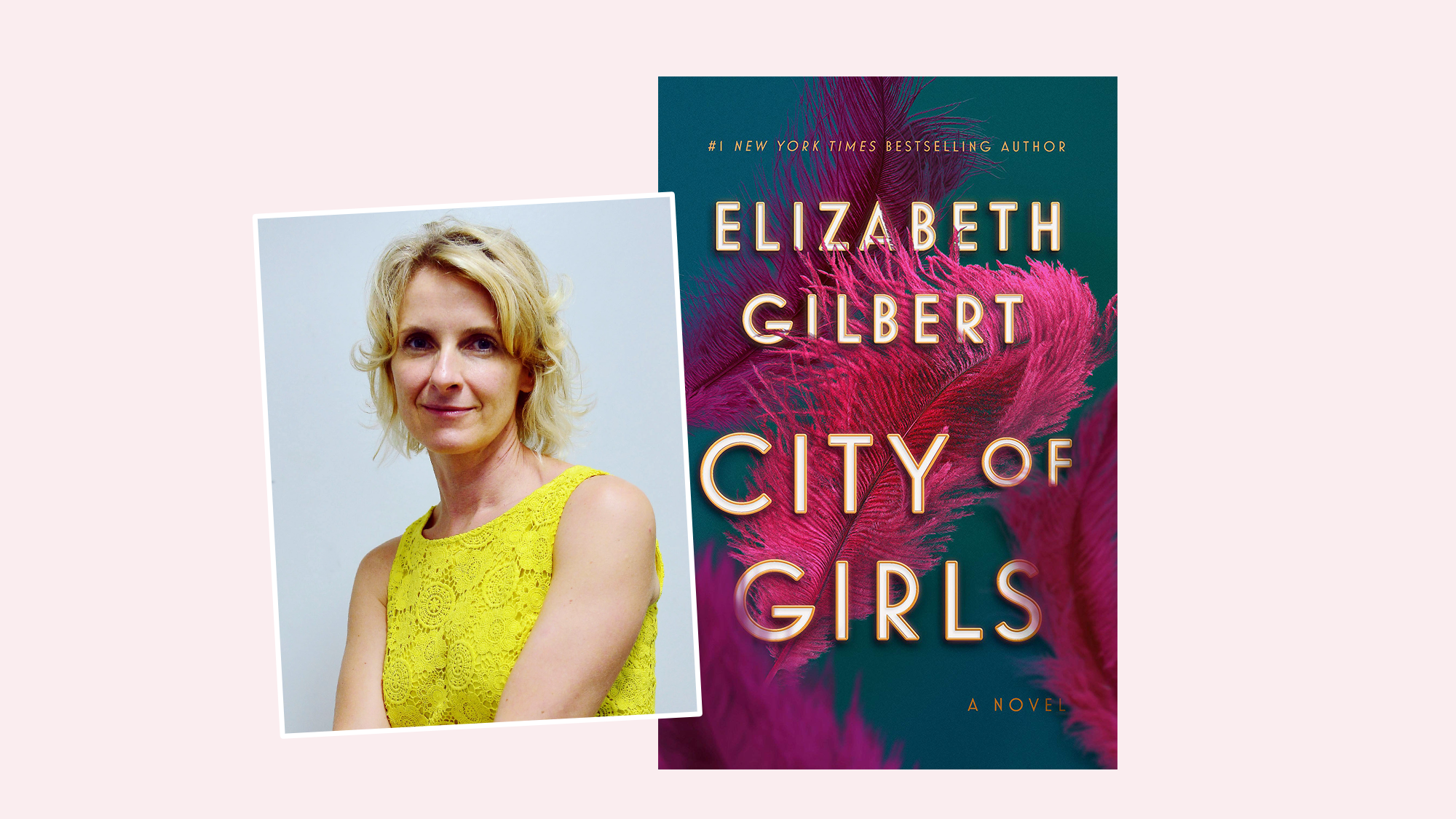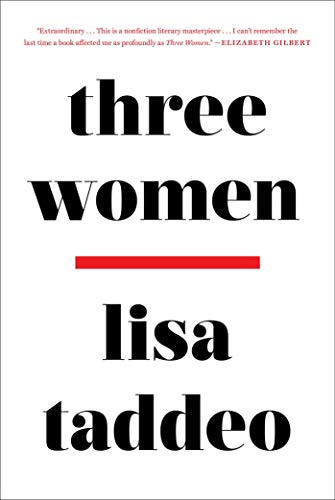Lisa Taddeo's 'Three Women' Is the Honest Portrayal of Female Desire That 2019 Demands
The book is a summer breakout—and for good reason.

Lisa Taddeo’s debut nonfiction work, Three Women, follows homemaker Lina, high schooler Maggie, and restaurateur Sloane as they embark on clandestine love affairs. We talked with Taddeo about driving cross-country, writing while breastfeeding, and the unblinking empathetic rigor with which she portrays women’s sexual lives.

Marie Claire: How did the idea for Three Women come about?
Lisa Taddeo: I’d written a cover story for New York in 2010 called “The Half-Hooker Economy” about bottle girls in the wake of the Tiger Woods scandal. My editor pointed me in the direction of Gay Talese’s Thy Neighbor’s Wife, and Gay somewhat mentored me. He suggested I immerse myself. So I moved to Indiana in 2012 because the Kinsey Institute [which researches sex and gender] is based there.
MC: How did you find the women you wrote about?
LT: I made posters that said, “Looking for stories of love and passion.” I drove across the country between six and eight times looking for subjects. Lina [who has an extramarital affair] came to me through the doctor at the Kinsey Institute. Sloane [whose husband likes to watch her having sex with other men] I’d heard of. Maggie [who had an affair with her teacher] went public with her story. It was amazing to be able to see these stories unfolding up close and in real time.
MC: What surprised you most about talking with these women?
LT: How similar we all are in desire, especially in the pain of it. We feel lonely in our desire because we don’t really talk about it. As a woman, there’s a fear about being seen as wanting. Everything about the #MeToo movement is great, but there is still judgment against other women. We should be looking at how we react to one another when we are honest.
Get exclusive access to fashion and beauty trends, hot-off-the-press celebrity news, and more.
MC: What was the hardest part of writing this book?
LT: I was breastfeeding my child who’d just been born for part of it. It was
surreal, but I loved it.
MC: What role do you think #MeToo plays in these women's stories?
LT: #MeToo exists on its own plane. As desire does. They can intersect, obviously, but in some cases, they did not. #MeToo is a vital movement. Lina's desire is a vital movement. In some cases desire and fighting for one's humane treatment in the world dovetail. In Lina's case, she had agency. What she did with her agency—even if it meant breaking her own heart—was powerfully her choice.
With Maggie, I think that if her case had gone to trial post #MeToo, the outcome would have been different. Even before the trial, I think that for Maggie #MeToo might have completely saved her from what she went through.
MC: Why do you think there's been such a dearth of accurate reporting about female desire and sexuality?
LT: I think it's hard to say what you want—as a woman, especially—without the attendant fear of being watched not getting it. Currently, I believe we are living in an age of anti-nuance, and it's frightening to be raw and honest. So while we have louder voices than ever now, we are still unduly silencing ourselves. Editing ourselves. Editing out our rage and our passion. I don't think it's simple to be honest about giving into what you want and also stay in the good graces of one's community. Which is why these three women are so brave and inspirational to me.
MC: Have you thought about how you'll talk about sex with your own daughter?
LT: My parents never talked to me about sex at all. I do give it a lot of thought. It changes daily. I'm very conscious of how everything I do is playing a part in her formation. I don't think I'll have much to say about actual sex (beyond protection protection protection), but more so about what she should not accept from potential lovers. I want her to be in charge of her day. I never want her to wait for anything or anyone to happen.
A version of this story originally appeared in the July 2019 issue of Marie Claire.
RELATED STORY

